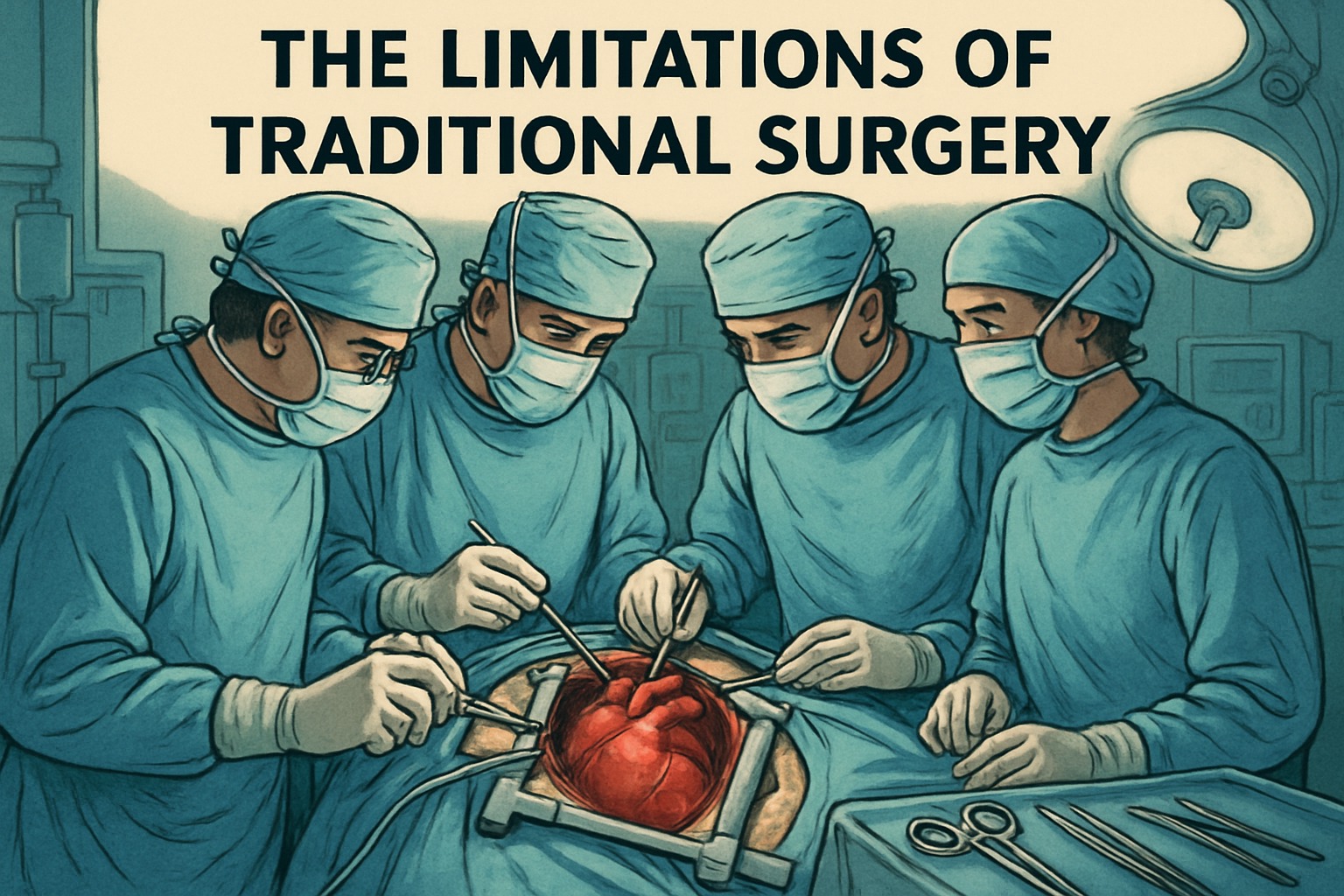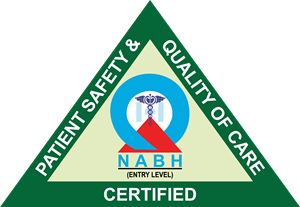Jinkushal Cardiac Care & Superspeciality hospital


Why I Stopped Recommending Traditional Heart Surgery for Most Patients
As technology and imaging tools have improved, so has the way we treat heart problems. Why I Stopped Recommending Traditional Heart Surgery for Most Patients is clear: many heart conditions can now be treated with safer, faster, and less invasive methods that give excellent results. At Jinkushal Hospital, as a Cardiologist in Thane, I’ve seen how these modern treatments help patients recover quickly, feel more comfortable, and enjoy a better quality of life. The goal is simple: use the least invasive method that is still the most effective for each patient.
What is Traditional Heart Surgery?
Traditional heart surgery refers to procedures performed through a full sternotomy — opening the chest by splitting the breastbone to access the heart. Common examples include coronary artery bypass grafting (CABG) and surgical valve replacements or repairs. These procedures often use a heart-lung machine, require general anesthesia, and involve a longer rehabilitation period.
When a Heart Specialist in Thane recommends open surgery, it’s usually because the anatomy is complex, multiple structures need repair, or catheter-based options aren’t suitable. Open surgery remains a life-saving and indispensable part of cardiac care.
A Cardiac Specialist in Thane will typically explain that while traditional surgery is time-tested and highly effective, it also carries more upfront physical stress and a longer hospital stay compared with catheter-based approaches.

The Limitations of Traditional Surgery
While traditional surgery has saved millions of lives, it comes with certain limitations:
- Long recovery time (often 6–8 weeks or more)
- Large chest incision and a visible scar
- Higher risk of complications (infection, blood loss, stroke)
- Prolonged hospital stay and postoperative discomfort
- Not ideal for some older adults or high-risk patients
For people comparing options with a Heart Surgeon in Thane, these drawbacks often tip the balance toward minimally invasive alternatives when they are appropriate.
Rise of Minimally Invasive & Catheter-Based Procedures

In the past decade, catheter-based and small-incision procedures have surged: angioplasty and stent placement for blocked arteries, TAVR (Transcatheter Aortic Valve Replacement) for select valve diseases, ASD/VSD device closures for structural heart issues, and peripheral interventions for vascular problems. In many cases, an Interventional cardiologist in Thane can achieve excellent results through a tiny puncture in the wrist or groin.
What makes these options compelling is the convergence of imaging precision, device innovation, and procedural expertise. When you consult the Best interventional cardiologist in Thane, you’ll hear about faster mobilization, lower infection risk, and the ability to treat patients who may not tolerate open surgery.
Explore our minimally invasive capabilities and patient-first infrastructure at the best heart Hospital in Thane.
Patient Outcomes and Recovery
For many indications, minimally invasive approaches shorten recovery from weeks to days and reduce discomfort. A Top Cardiac Surgeon in Thane often collaborates with interventional colleagues to select the approach that maximizes safety without compromising durability.
Aspect | Traditional Open Surgery | Minimally Invasive/Catheter-Based |
Incision | Large sternotomy | Small puncture(s) or mini-incision |
Hospital Stay | 5–7+ days | 1–3 days (often next-day discharge) |
Return to Routine | 6–8 weeks | 3–5 days to 2 weeks |
Complications | Higher risk of bleeding/infection | Generally lower infection/blood loss |
Cosmetic Outcome | Prominent scar | Minimal scarring |
Emotional Impact | Longer recovery stress | Faster confidence and mobility |
Cosmetically and emotionally, patients appreciate waking without a major chest incision, which reduces anxiety and encourages earlier movement. When discussing options with the Best Heart Surgeon in Thane, patients often prioritize faster recovery and lower complication risk, especially if outcomes are clinically comparable.
When Traditional Surgery is Still Needed
Open surgery remains essential for complex multi-vessel disease not suited to stenting, redo operations with extensive scar tissue, certain congenital heart defects, and specific valve pathologies that demand surgical repair or replacement. In these scenarios, a Best Cardiac Surgeon in Thane will clearly explain why the surgical route remains the safest, most durable option for long-term health.
My Approach Today
Earlier in my career, open surgery was the default for many conditions. Today, I first evaluate whether a catheter-based or minimally invasive procedure can deliver equal or better outcomes with less risk. As the Best Heart Doctor in Thane might emphasize, the decision isn’t about one technique being “better” universally — it’s about matching the right technique to the right patient at the right time.
Patient Education & Awareness
I encourage every patient to ask about all suitable options, including angioplasty, stents, TAVR, and device closures, and to seek clarity on risks, benefits, and durability. Early diagnosis matters — treat risk factors and symptoms promptly, and many cases may avoid open surgery altogether. A Best Cardiac Doctor in Thane will welcome your questions and support a shared decision-making process that aligns with your values.
You can also find our location and reviews here: Best Cardiologist in Thane.
Conclusion
Traditional surgery is not obsolete — but it’s no longer the default choice for many heart conditions. Modern strategies focus on precision, safety, and shorter recovery, and a Heart Doctor in Thane will help you navigate options tailored to your anatomy, risks, and lifestyle goals. Modern heart care is about precision, safety, and faster recovery — not just survival. Consult your cardiologist to find out if you’re eligible for a minimally invasive heart procedure at Jinkushal Hospital.

